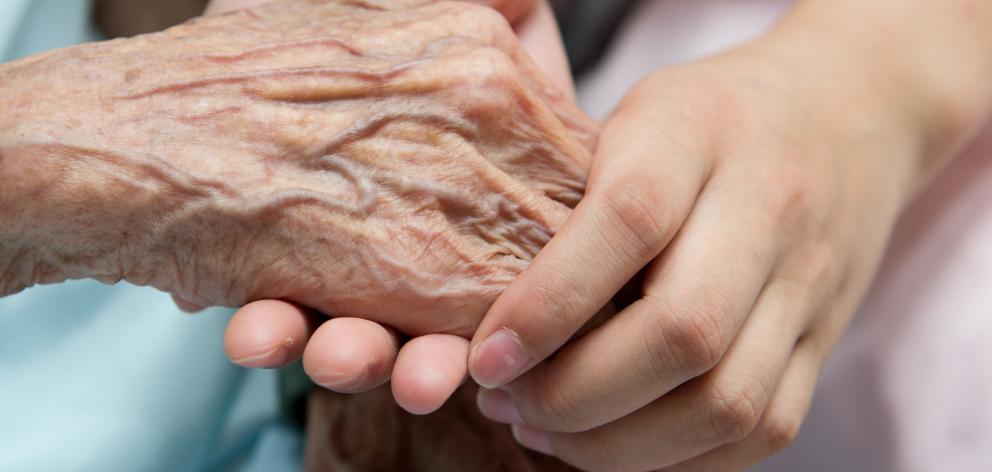
A citizens' jury led by the University of Otago has failed to reach a verdict on whether or not euthanasia should be legalised.
The jury - led by university researchers- involved 15 people selected at random from the Dunedin South and Maori electoral rolls.
Emeritus Professor Charlotte Paul, from the Department of Preventive and Social Medicine, said the jury listened to seven experts who made presentations on key aspects of the debate.
The jury deliberated in a "respectful and productive" manner, but at the end of the process they could not agree because of a difference in how people weighed up compassion and individual choice against potential harm to the community, she said in a statement on Thursday.
Ten of the jurors believed these risks could be adequately managed and were in support of a law change, but five believed the potential harms could not be managed and were opposed.
Jurors will be interviewed on Radio NZ tonight in the "Our Changing World" programme.
The exercise was held with the End of Life Choice Bill - allowing people with a terminal illness or "grievous and irremediable medical condition" to end their lives - having already passed its first reading in Parliament.
The jurors who supported a law change cited several reasons, including preventing people having to endure unbearable pain, respecting individual
choice, protecting loved ones from witnessing suffering and a scepticism about whether the New Zealand health system could sufficiently address the needs of all New Zealanders who are dying.
Those who were opposed to a law change were concerned it would devalue the lives of vulnerable people, raise ethical issues for doctors, erode the care of older and disabled people.
They considered a law change would benefit a minority but adversely affect the majority and that sufficient care already existed for a good death.
